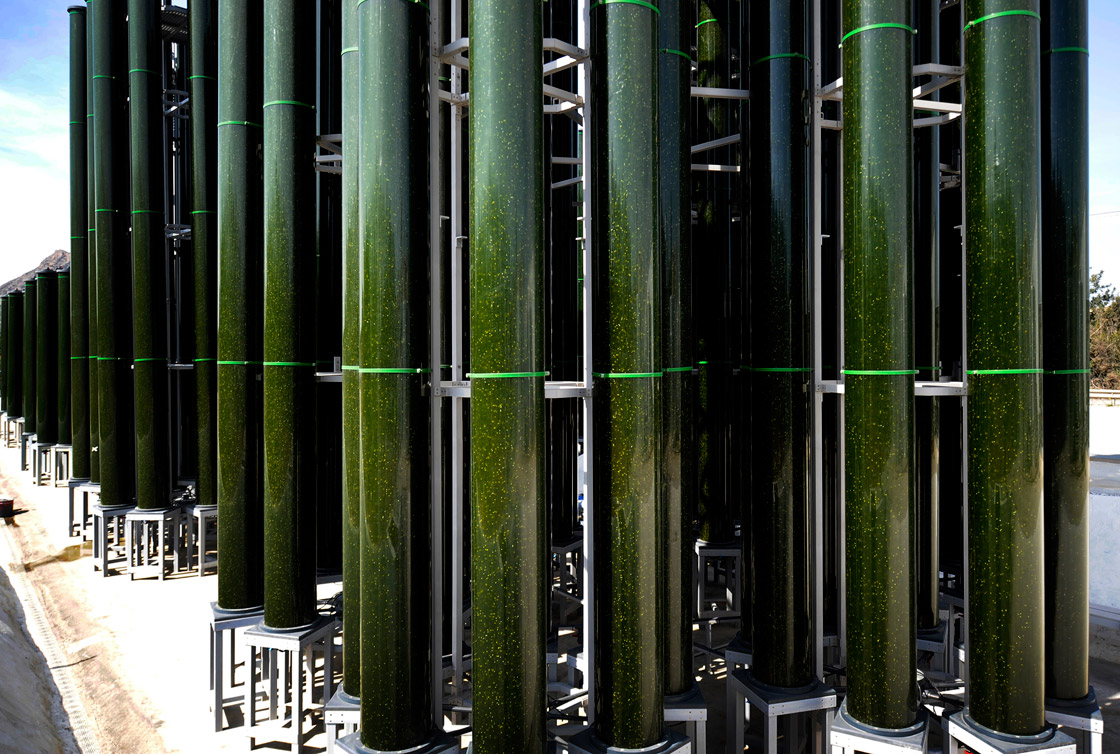TORONTO – The federal government is teaming up with two Canadian companies in a pilot project that would use algae to convert greenhouse gas emissions from the oilsands into biofuels.

The National Research Council of Canada (NRC), Canadian Natural Resources Limited and Pond Biofuels plan to build a $19-million facility in Alberta, which will use algae to recycle carbon dioxide emissions from an oilsands site.
The recycled emissions will then be turned into products such as biofuel, livestock feed and fertilizer.
“This discovery has tremendous potential to benefit our environment and our economy, and further establish Canada as a leader in managing CO2 emissions,” said Gary Goodyear, Minister of State (Science and Technology).
“What the results of this project could mean for the future of the oilsands and Canadian businesses makes this a significant day for Canada.”
The three-year project will be built at Canadian Natural’s Primrose South oilsands site near Bonnyville, Alta.
The NRC said the goal of the project is to test the feasibility of this technology on a large scale.
Ottawa will contribute $9.5 million to build the plant, Canadian Natural will chip in $6.3 million, and Pond Biofuels will shoulder the remainder.
Research surrounding algal biofuel has exploded in the past few years, as governments and companies worldwide look to develop green technologies and renewable fuels.
- Ontario First Nation calls for chemical plant to be shut down amid ‘dangerously high’ benzene levels
- Ottawa looks to launch national flood insurance program within 12 months
- Nova Scotia scraps spring bear hunt idea, public ‘very divided’ on issue
- Ecuador rations power, declares emergency as drought limits hydro output
Algae can be grown easily, without many resources and attention. It can also grow on land that is generally considered not suitable for normal crops.
Because algae is not a primary food source for humans it can be grown solely for fuel. Corn and grain feedstocks are food sources for both humans and livestock. So when these crops are grown for fuel, the cost for fuel and food increases.
Although research into algal biofuel dates back decades, it is still considered a fairly new, untested technology.
In March, Exxon Mobil’s CEO, Rex Tillerson, said the company’s $600-million research project into algal biofuels is at least 25 years away from commercial use.
*With a file from The Canadian Press


Comments